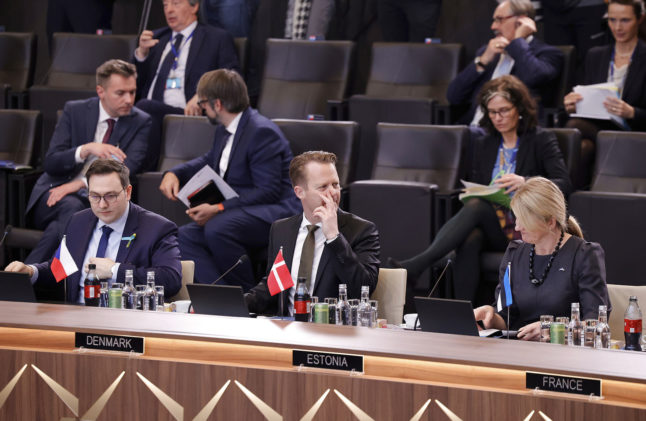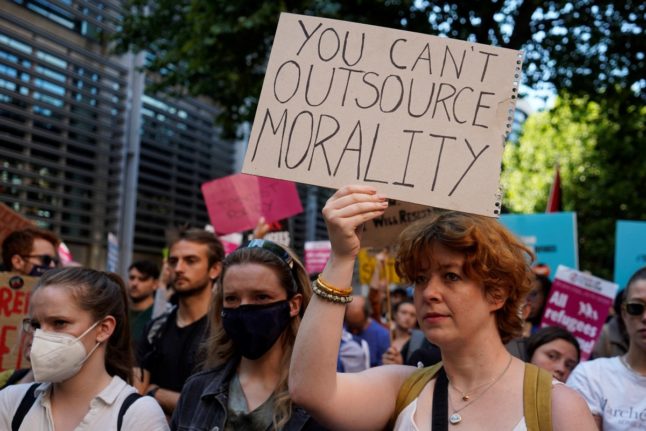Foreign Minister Jeppe Kofod confirmed to news wire Ritzau on Thursday that the wording would be changed to include the words “EU” and “opt-out”.
In the original version of the ballot, the referendum question was posed as “Do you vote yes or no to Denmark participating in the European collaboration on security and defence?” [Danish: “Stemmer du ja eller nej til, at Danmark kan deltage i det europæiske samarbejde om sikkerhed og forsvar?”, ed.].
According to Kofod, that wording will be changed to “Do you vote yes or no to Denmark participating in the European collaboration on security and defence by revoking the EU defence opt-out?” [Danish: “Vil du stemme ja eller nej til, at Danmark kan deltage i det europæiske samarbejde om sikkerhed og forsvar ved af afskaffe EU forsvarsforbeholdet”, ed.].
”There has been a lot of noise around this ballot paper and I have listened to the debate,” Kofod said.
“So I am now cutting through it and fully meeting the requests of the ‘no’ side. Both ‘EU’ and ‘opt-out’ will be added, which I understand is important for them,” he said.
EU-sceptic parties were most critical of the original wording, with Danish People’s Party leader Morten Messerschmidt calling it “senseless” while Peder Hvelpund of the left-wing Red Green Alliance said it was “playing tricks with democracy”.
But centrist parties including the opposition Liberal party later said they would also be open to reformulating the ballot.
The government in March announced that citizens will vote on whether to overturn Denmark’s opt-out from EU defence policy in a referendum to be held on June 1st, following Russia’s invasion of Ukraine.
READ ALSO: Why does Denmark have four EU ‘opt-outs’ and what do they mean?



 Please whitelist us to continue reading.
Please whitelist us to continue reading.
Member comments